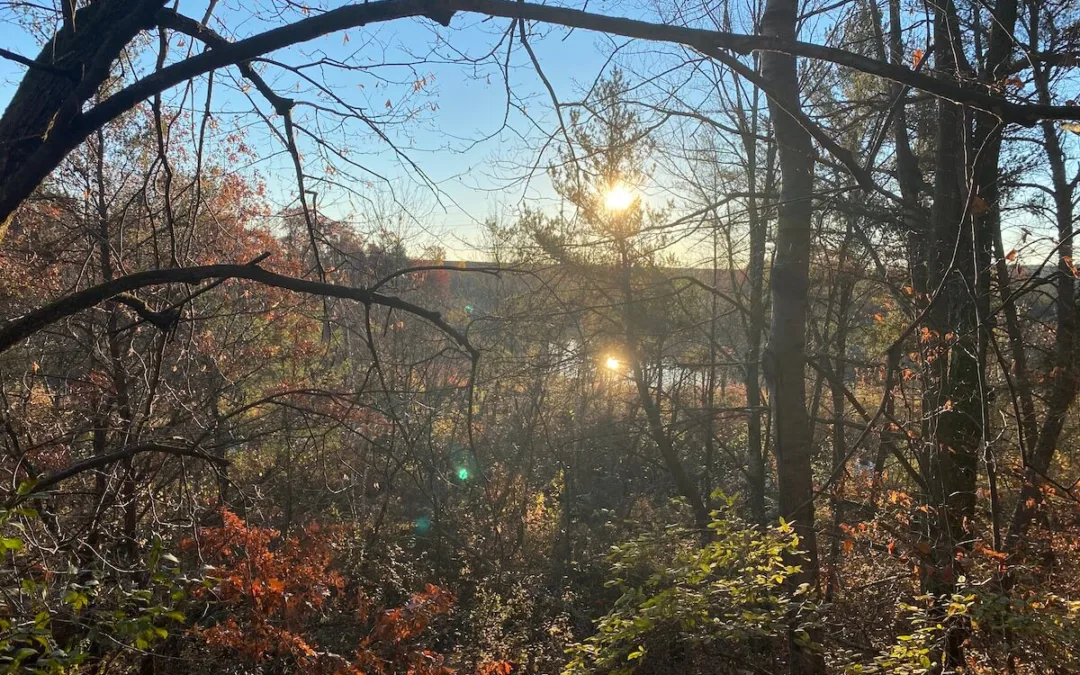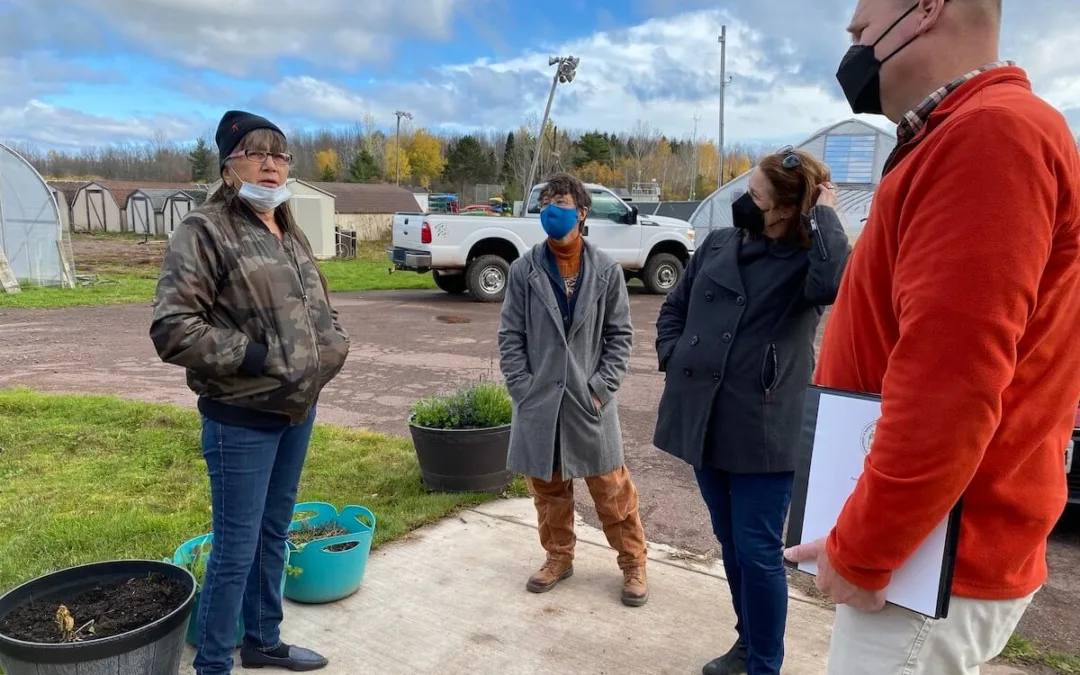
#image_title
#image_title
In setting a 300-kill quota, the Natural Resources Board disregarded wishes from tribes and conservationists, and recommendations from the DNR experts.
Six months after Wisconsin wolf packs were left reeling from an unprecedented recreational hunt during the animals’ vulnerable breeding season, state officials are pushing forward plans to kill hundreds more wolves in 2021.
At its August meeting, a lame-duck-lead majority of the Wisconsin Natural Resources Board (NRB) made clear that its decision to set the wolf quota at 300 had nothing to do with science or stewardship. Collaboration with Ojibwe bands is absent here as well—an affront to federal court decisions that make up the Lac Courte Oreilles Band of Indians v. Wisconsin, or “Voigt” case, which requires the state to coordinate management with tribes in the 1837 and 1842 Ceded Territories.
Wisconsin wolves lost protection under the Endangered Species Act on January 4, 2021. Then, in late February the Wisconsin Department of Natural Resources (DNR) presided over a chaotic wolf hunt in which recreationists killed nearly 100 extra wolves, soaring past a quota limit set at 119 animals. The unprecedented hunt with hounds during the wolf breeding season was so deadly that it had to be shut down after only three days. Fresh snowfalls made for efficient hunting as many tag-holders used dog packs to run down wolves, some of whom were pregnant, across wolf range in the state.
RELATED: Hunters Recorded Almost Double the Kill Quota In Wisconsin’s Gray Wolf Hunt. It Was Probably Worse, Researchers Find.
Now, despite calls from Ojibwe tribes to back away from yet another 2021 ma’iingan (Ojibwe Anishinaabe word for “wolf”) kill, as well as advice from Wisconsin DNR biologists to set a more moderate fall quota, the NRB demonstrated that its illegitimate holdover majority is bent on driving down the state’s wolf population. At a meeting in Milwaukee, members of the board scoffed at the state’s own scientific experts for recommending a 130-wolf quota. The board even went so far as to consider a kill goal as high as 504 before settling on 300 wolves. Faced with a science-based analysis, the NRB stumbled through talking points about the need to move the population toward a non-existent population goal in a 22-year old management plan, in order to manipulate the quota. Denying the tribes their share of a science-based quota—thereby undermining Ojibwe bands’ treaty rights—appeared to be a priority.
Killing is not the only choice when it comes to managing a quota of natural resources. Each sovereign entity, whether tribal or otherwise, decides how its share is used. While the DNR Board may struggle to comprehend this judicious use, it’s a precept the DNR, the agency, understands. For Ojibwe bands, the current sovereign decision is that the best use of wolves comes in the form of live animals, on the land, helping to enhance and maintain healthy ecosystems upon which the tribes depend.
Looking ahead to this November ma’iingan season, Ojibwe bands have declared one-half, or 50% of the wolf quota established by the NRB. Wisconsin DNR officials must also account for the 99-wolf overkill that occurred in the runaway February season. The sum of 99 should be subtracted from the state’s share of wolves after the tribal declaration. When clerical errors have resulted in walleye overages by Ojibwe spearfishers, lakes are closed to harvest the following season to account for the overage. Tribal managers account for their mistakes. It’s well past time the state takes on a similar level of accountability.
The Great Lakes Indian Fish & Wildlife Commission is an intertribal agency comprised of 11 Ojibwe bands in Wisconsin, Upper Michigan, and Minnesota. GLIFWC works with member bands to both manage and preserve off-reservation treaty reserved resources. Please visit www.glifwc.org for more information.
Politics

Biden makes 4 million more workers eligible for overtime pay
The Biden administration announced a new rule Tuesday to expand overtime pay for around 4 million lower-paid salaried employees nationwide. The...

Biden administration bans noncompete clauses for workers
The Federal Trade Commission (FTC) voted on Tuesday to ban noncompete agreements—those pesky clauses that employers often force their workers to...
Local News

Readers Poll: Top Bowling Alleys in Wisconsin
Looking for the best bowling in Wisconsin? Look no further! Our readers have spoken in our recent poll, and we have the inside scoop on the top...

8 Wisconsin restaurants Top Chef judges are raving about
Top Chef’s 21st season is all about Wisconsin, and on-screen, it’s already apparent that the judges feel right at home here. But, while filming in...




